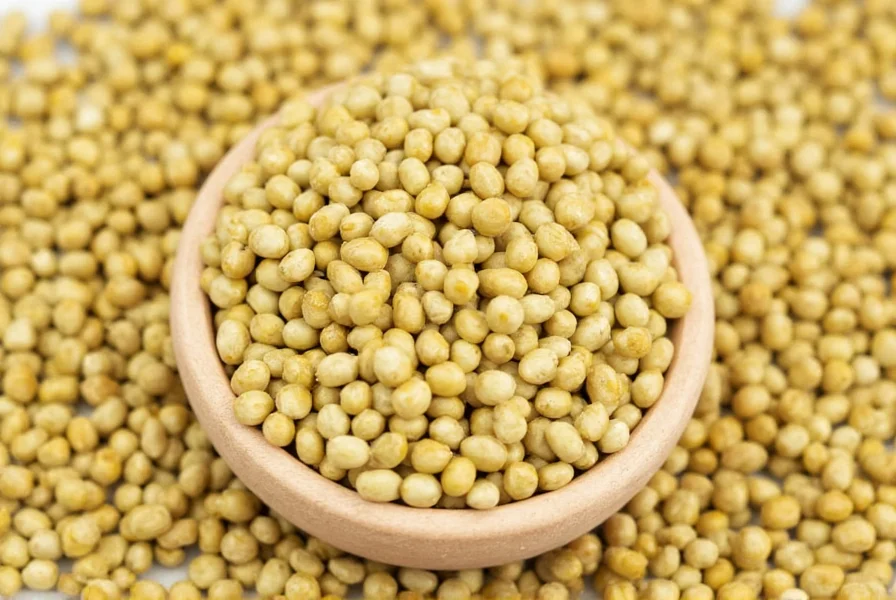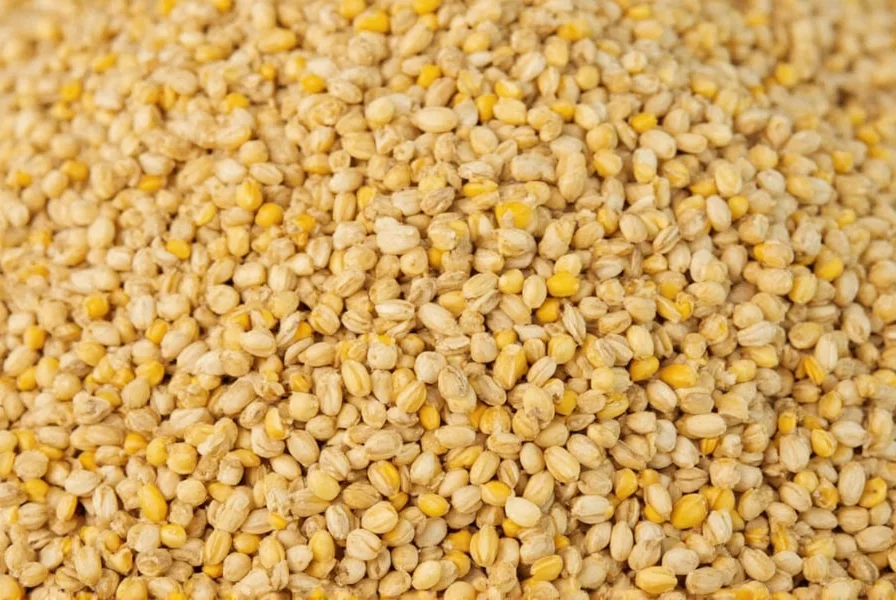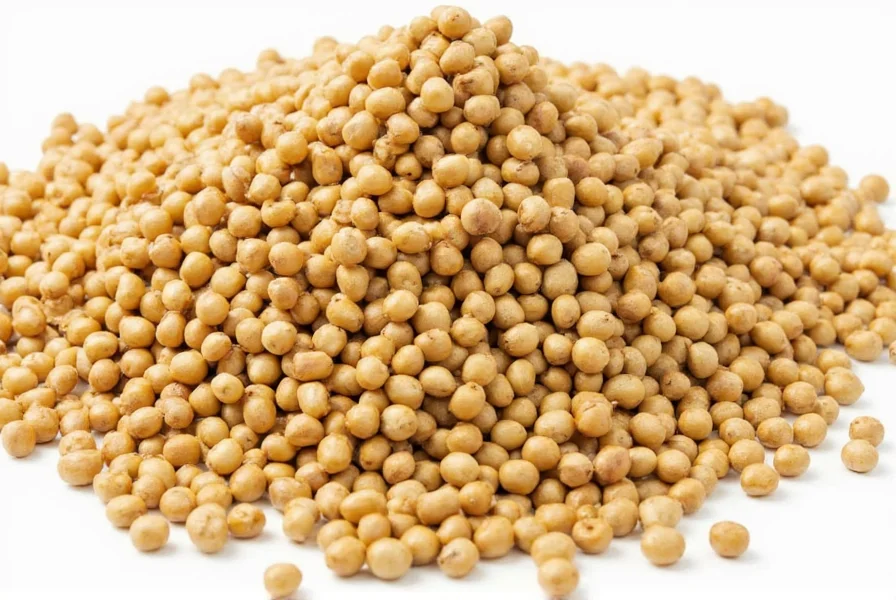Fenugreek has emerged as one of the most researched herbal remedies in modern nutrition science. This ancient medicinal plant delivers measurable health benefits while maintaining an impressive safety profile when used appropriately. Understanding its evidence-based applications can help you make informed decisions about incorporating this versatile herb into your wellness routine.
What Exactly Is Fenugreek?
Fenugreek (Trigonella foenum-graecum) is a flowering plant native to the Mediterranean region, Southern Europe, and Western Asia. Both the small, golden-brown seeds and fresh or dried leaves serve culinary and medicinal purposes across various cultures. The seeds contain concentrated levels of bioactive compounds including diosgenin, trigonelline, and 4-hydroxyisoleucine that contribute to its therapeutic properties.
Historical Significance and Traditional Applications
Historical records show fenugreek's use dating back to ancient Egypt, where it featured in embalming practices and as a treatment for inflammation. Traditional Ayurvedic and Chinese medicine systems have employed fenugreek for centuries to address digestive issues, respiratory conditions, and women's health concerns. Middle Eastern cultures have long incorporated fenugreek seeds into breads and spice blends, while Indian cuisine features both seeds and fresh leaves prominently in curries and pickles.
Nutritional Composition of Fenugreek Seeds
Fenugreek seeds pack a powerful nutritional profile per 100 grams:
| Nutrient | Amount | Percentage of Daily Value |
|---|---|---|
| Calories | 323 kcal | 16% |
| Dietary Fiber | 24.6 g | 98% |
| Protein | 23 g | 46% |
| Iron | 33.5 mg | 186% |
| Magnesium | 191 mg | 48% |
The seeds also contain significant amounts of manganese, copper, vitamin B6, and phosphorus. Their distinctive bitter taste comes from the presence of saponins and alkaloids, which also contribute to many of fenugreek's health-promoting effects.
Scientifically Supported Health Benefits of Fenugreek
Blood Sugar Regulation
Multiple clinical studies demonstrate fenugreek's effectiveness for managing blood glucose levels. Research published in the Journal of Dietary Supplements found that participants with type 2 diabetes who consumed 5 grams of fenugreek powder daily experienced significant reductions in fasting blood sugar and HbA1c levels compared to the control group. The fiber content and specific compounds like 4-hydroxyisoleucine appear to slow carbohydrate digestion and improve insulin sensitivity.
Lactation Enhancement
Fenugreek remains one of the most widely used galactagogues among breastfeeding mothers. A systematic review in Complementary Therapies in Medicine concluded that fenugreek supplementation significantly increased milk production in the majority of studies examined. Most lactation consultants recommend 580-610 mg capsules taken three times daily, with effects typically noticeable within 24-72 hours.
Testosterone and Libido Support
Several studies indicate fenugreek may support healthy testosterone levels in men. Research in Phytotherapy Research showed that men supplementing with 500 mg of fenugreek extract daily for six weeks experienced significant improvements in libido and sexual performance. The mechanism appears related to fenugreek's influence on hormone regulation and nitric oxide production.
Anti-Inflammatory Properties
The saponins and flavonoids in fenugreek demonstrate notable anti-inflammatory effects. Animal studies suggest fenugreek extract can reduce markers of inflammation such as C-reactive protein and interleukin-6, potentially benefiting conditions like arthritis and metabolic syndrome.
Culinary Applications of Fenugreek
Chefs worldwide utilize fenugreek in various forms:
- Seeds: Often toasted to reduce bitterness before use in spice blends like curry powder
- Leaves: Fresh or dried (known as kasuri methi) added to Indian dishes for distinctive aroma
- Microgreens: Young fenugreek sprouts used as a nutritious salad topping
- Maple syrup substitute: Fenugreek's natural compound sotolone creates maple-like flavor
When cooking with fenugreek seeds, remember that a little goes a long way due to their strong flavor profile. Start with small amounts and adjust to taste.

Available Forms and Recommended Dosages
Fenugreek comes in multiple formats for different applications:
- Whole seeds: 2-3 grams daily for culinary use
- Ground powder: 5-6 grams daily for therapeutic benefits
- Tea: 1-2 teaspoons of seeds steeped in hot water for 10 minutes
- Capsules: 500-600 mg taken 2-3 times daily
- Extracts: Follow product-specific dosing instructions
For blood sugar management, research suggests 2.5-5 grams of fenugreek powder daily provides optimal results. Lactating mothers typically take 580-610 mg capsules three times daily. Always consult with a healthcare provider before starting any new supplement regimen.
Potential Side Effects and Precautions
While generally safe, fenugreek may cause:
- Mild gastrointestinal discomfort at higher doses
- Maple syrup-like body odor (due to sotolone compound)
- Allergic reactions in individuals sensitive to legumes
- Lowered blood sugar levels (caution for diabetics on medication)
- Potential interactions with blood thinners
Pregnant women should avoid medicinal doses of fenugreek as it may stimulate uterine contractions. Those with peanut or chickpea allergies should exercise caution due to potential cross-reactivity. Always start with lower doses to assess tolerance before increasing intake.

Selecting and Storing Quality Fenugreek Products
When purchasing fenugreek, look for:
- Organic certification to avoid pesticide residues
- Opaque packaging to protect from light degradation
- Clear expiration dates (seeds remain potent for 1-2 years)
- Reputable brands with third-party testing verification
Store whole fenugreek seeds in an airtight container away from light and heat. Ground fenugreek loses potency more quickly and should be used within 6 months. Fresh fenugreek leaves keep for 3-4 days when refrigerated in a damp paper towel.
Conclusion: Integrating Fenugreek Into Your Wellness Routine
Fenugreek represents a remarkable intersection of traditional wisdom and modern scientific validation. Its diverse applications—from supporting metabolic health to enhancing culinary experiences—make it a valuable addition to many lifestyles. By understanding proper usage, dosages, and potential considerations, you can safely harness fenugreek's benefits while minimizing risks. As with any natural remedy, consistency and appropriate dosing yield the best results, and consultation with healthcare professionals remains essential for those with existing health conditions or taking medications.
Frequently Asked Questions
How quickly does fenugreek work for increasing milk supply?
Most breastfeeding mothers notice increased milk production within 24-72 hours of starting fenugreek supplementation at the recommended dose of 580-610 mg three times daily. Maximum effects typically appear within one to two weeks of consistent use.
Can fenugreek lower blood sugar too much?
Fenugreek can potentially lower blood sugar levels, especially when combined with diabetes medications. Individuals with diabetes should monitor their blood glucose closely when starting fenugreek and consult their healthcare provider to adjust medication dosages if necessary.
What's the difference between fenugreek seeds and methi dana?
Methi dana is simply the Hindi term for fenugreek seeds. They refer to the exact same product - the small, golden-brown, rectangular seeds of the Trigonella foenum-graecum plant used in both culinary and medicinal applications.
Does fenugreek interact with any medications?
Fenugreek may interact with anticoagulants like warfarin due to its vitamin K content, and with diabetes medications because of its blood sugar-lowering effects. It may also enhance the effects of sedative medications. Always consult your healthcare provider before combining fenugreek with prescription medications.
Can men take fenugreek for testosterone support?
Yes, research indicates fenugreek may support healthy testosterone levels in men. Clinical studies have shown that daily supplementation with 500 mg of fenugreek extract can improve libido, sexual performance, and maintain healthy testosterone levels, particularly in men with age-related hormonal changes.











 浙公网安备
33010002000092号
浙公网安备
33010002000092号 浙B2-20120091-4
浙B2-20120091-4